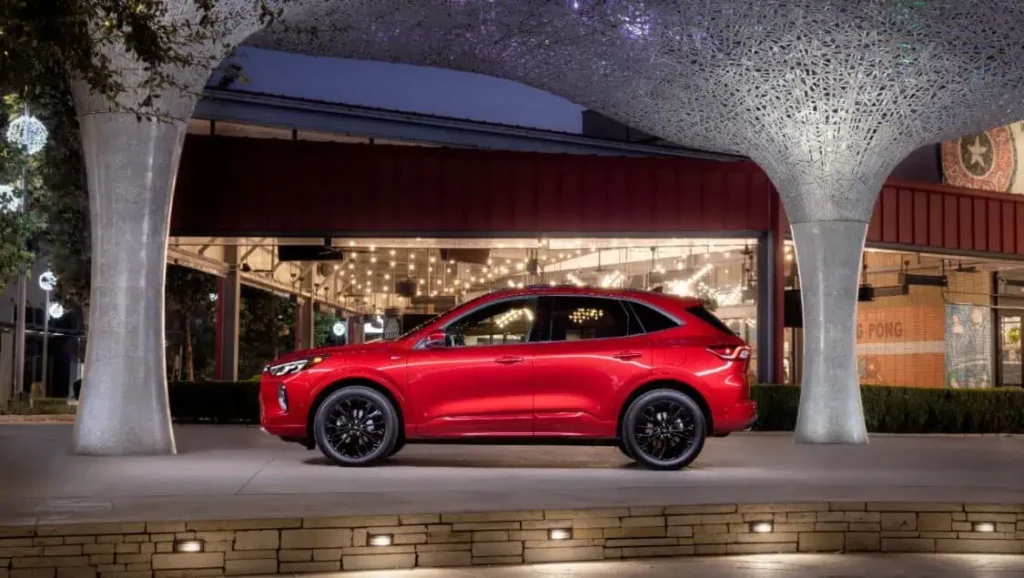Ford Hybrids Expanded While Its Next-Gen EVs Are Delayed
Ford announced a delay in the production start of its next-generation EVs at the BlueOval City EV campus in Tennessee, moving the initial kickoff from 2025 to a start in 2026. This facility is expected to play a crucial role in manufacturing the upcoming Ford electric truck, speculated to be the Project T3 full-size EV pickup, which will eventually take over from the F-150 Lightning. Sales of Ford hybrids reached an all-time high in Q1 2024, revealing an increased preference for hybrids among consumers.
The company also revealed it is retiming the production of upcoming Ford EVs at its plant in Oakville, Ontario. Here, the automaker plans to construct next-generation three-row Ford electric vehicles, which will most likely include a three-row electric SUV. Ford has now rescheduled these vehicles’ launches from 2025 to 2027.

Ford said construction at its BlueOval SK joint venture battery plants in Tennessee and Kentucky is “progressing.” Similarly, progress continues at its BlueOval Battery Park in Michigan.
The Ford Ohio assembly plant is gearing up for a significant new addition to its EV lineup — a new commercial electric vehicle.
Ford’s BlueOval charging network features over 75,000 electric vehicle chargers, offering up to 54 miles of range in 10 minutes. The network is expected to keep growing rapidly.
Sales Uptick Significantly for Ford Hybrids
The company has experienced a significant uptick in its sales of Ford hybrids, including the Ford SUV hybrid, with figures reaching an all-time high in the first quarter of the year. This surge in demand for and interest in hybrids from brands like Ford underscores a growing consumer appetite for more fuel-efficient and environmentally friendly transportation options. Ford has announced plans to significantly broaden its EV portfolio by integrating hybrid powertrains across its entire product range by 2030.
“These new EV initiatives support the development of a differentiated and profitably growing EV business over time while Ford serves customers with the right mix of gas, hybrid, and electric vehicles based on demand today,” the company stated.

As Ford recalibrates its timeline for EV investment and rollout, the commitment to electrification remains robust. For the fiscal year 2024, Ford anticipates its Model e EV division to incur an EBIT (Earnings Before Interest and Taxes) loss ranging from $5 billion to $5.5 billion.
The anticipated wider losses, in comparison to 2023, reflect the scale of investment and the strategic pivot Ford is undertaking as part of its long-term strategy to lead in the electric vehicle domain, indicating the company’s acknowledgment of the necessary financial endurance required during this transitional phase for future Ford vehicles.
Source

Electric Vehicle Marketing Consultant, Writer and Editor. Publisher EVinfo.net.
Portfolio: BillPierce.net
